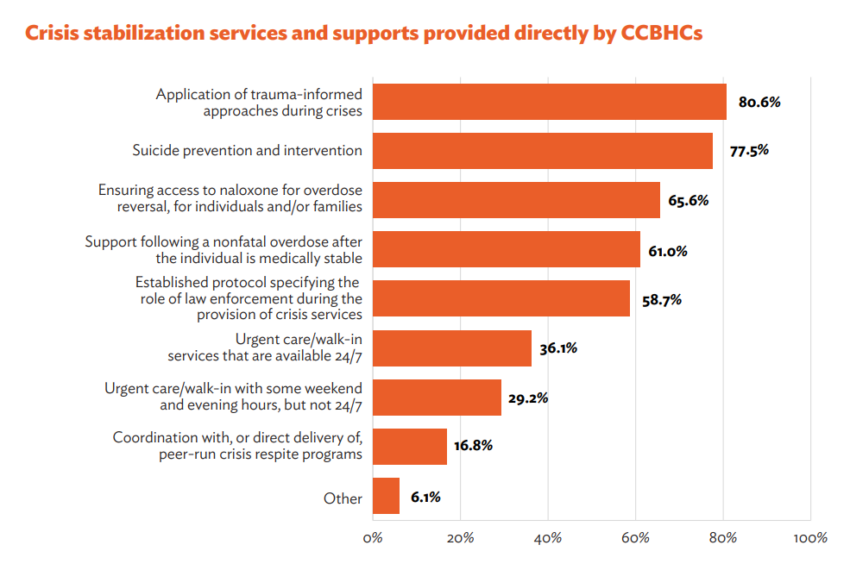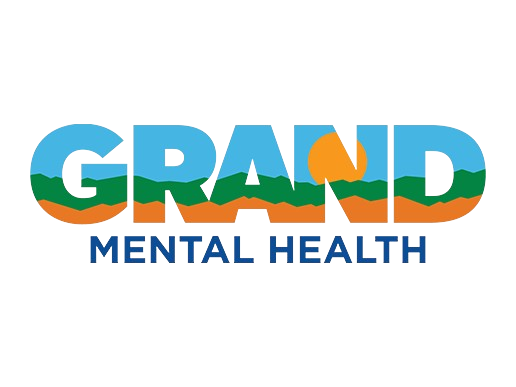Learn more about best practice crisis care pathways and alternatives to emergency departments that also address issues of safety, choice and personal freedom.
View the Featured WebinarA Safe Place for Help
Sometimes crisis de-escalation takes a bit more time and support. Mental health and substance use crisis stabilization units can address that need.
An ideal crisis system recognizes that a crisis does not begin with a call to 988 or 911. It often is a continuing situation that may evolve over time and last for weeks, not a single, brief emergency event. An ideal crisis system includes service providers who can respond quickly in the pre-crisis phase to avert decompensation, as well as post-crisis services that continue after the most acute aspects of the crisis have passed.
“Crisis stabilization unit” is a broad term that encapsulates many different services, including behavioral health urgent care, 23-hour observation centers, peer respite services and residential crisis services. For children, youth and families, crisis stabilization focuses on providing a safe place to be and keeping children in their homes, where they have the most support available, when possible.
The National Council understands the importance of having a safe place to go for help. Many of our members operate crisis stabilization units, providing this critical pillar of the crisis continuum for their communities.
CCBHCs and Crisis Stabilization
CCBHCs are creating safe places for help within their communities. The CCBHC model helps clinics offer access to crisis stabilization services, while also engaging in one or more collaborative activities with hospitals and emergency departments (85%), which can improve linkages to community-based care and reduce readmission.

Member Spotlight: GRAND Mental Health
GRAND Mental Health, a National Council member and CCBHC, launched a program in 2016 to provide iPads to individuals in crisis so they could immediately connect face-to-face with the crisis line. As a primarily rural state, Oklahoma had traditionally relied on law enforcement to identify and transport people experiencing a mental health or substance use crisis, defaulting to emergency rooms and inpatient hospitalization. In response, the CCBHC has deployed the “mental health machine” [iPads] devices, which are HIPAA compliant and allow patients and first responders to communicate face-to-face with a mental health professional. This program is also available in local libraries, museums and other community locations.

Learn More About Crisis Stabilization
Partner Resources
- A Safe Place to Be: Crisis Stabilization Services and Other Supports for Children and Youth (National Association of State Mental Health Program Directors)
